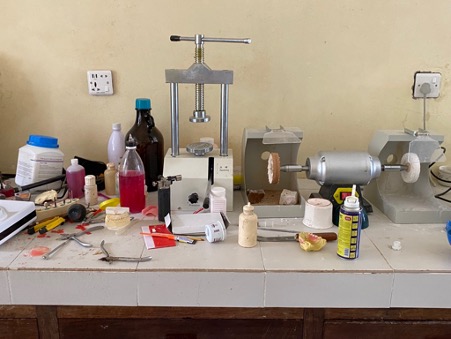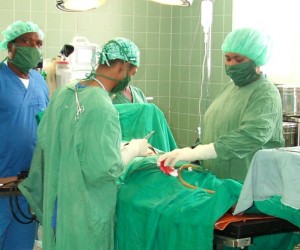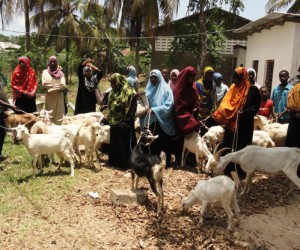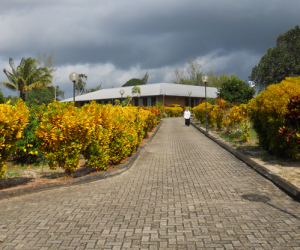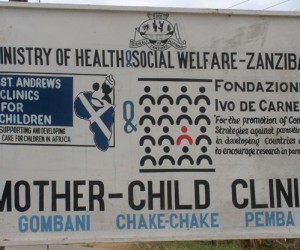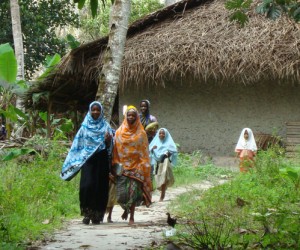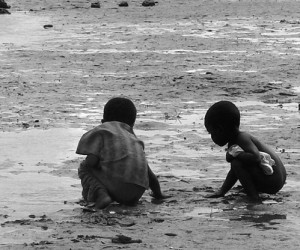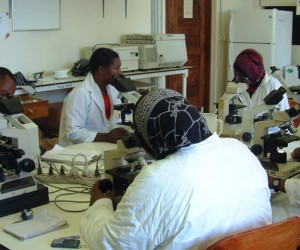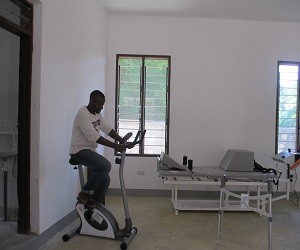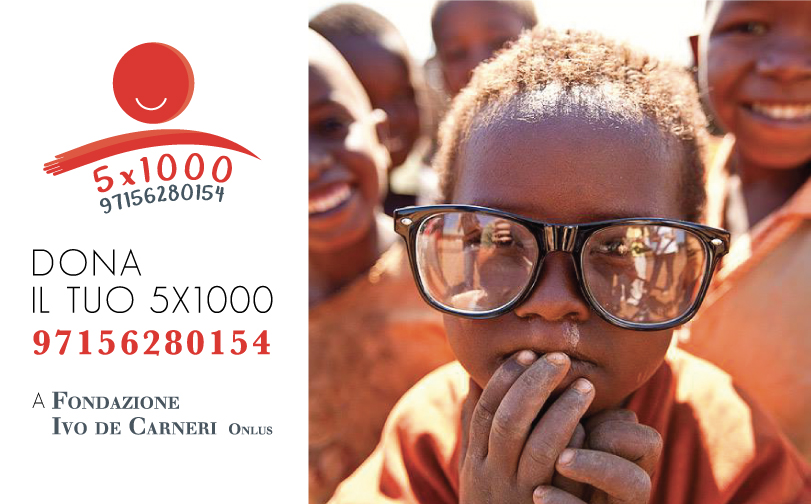ORAL HEALTH PROJECT
LOCATION
Pemba Island - Chake Chake District (Zanzibar Archipelago, U.R. of Tanzania)
OBJECTIVES
- Establishment of a reference team competent in the management of the oral hygiene department to promote the sustainability of the program and serve as a reference for future training activities;
- Education and Training of health care professionals, who already serve in various centers on the Island, regarding oral health, oral diseases and the use of BPOC(Basic Oral Care Package);
- Oral Health Education and Promotion Program for the various age groups of the population, starting with the island's schools;
- Renovation of dental clinic at Chake Chake Hospital;
- Field survey to collect correct, reliable, and up-to-date epidemiological data on the prevalences and incidences of oral diseases;
- Analysis of public water to collect data regarding the presence and amount of fluorides;
- Establishment of a working group and a small production factory for Fluoride toothpaste.
DURATION
3 years (January 2023-January 2026)
TOTAL COST
€ 71.370,00 (€ 23.790 each year)
DONORS
Public and private donors
PROJECT PDF
click here
PROJECT DESCRIPTION
The intervention planned for the next three years at Chake Chake District aims to implement the project "Redevelopment of the Oral Hygiene Department at Chake Chake Hospital," which also includes the training of local health personnel. The main objective is to bring, mainly at the district hospital, a "new" oral hygiene care and education service for the people of Pemba Island, run by local health personnel. The intent is, not only to intervene in order to ensure a structural adjustment and provide the necessary equipment for the oral hygiene department, but also to implement a Continuing Medical Education program, training local professionals. In this way, an attempt is made to promote proper organizational development of the department. In addition, it is intended to raise awareness among the entire community through an educational program that focuses mainly on the prevention of oral diseases, working with families and schools.
CONTEXT
Globally, oral health problems remain a major public health concern. And this has not improved over the past 30 years. Between 1990 and 2015, the number of people with untreated oral diseases increased to 3.5 billion. This increase in the burden of oral diseases has grown largely due to epidemiological transition, demographic changes such as population expansion, aging, urbanization, and migration. (Kassenbaum et al. 2017). Widespread oral diseases, such as caries, periodontitis, tooth loss, oral neoplasms, and traumatic dental injuries, continue to be a major concern in the adult population, accounting for the majority of the oral disease burden, particularly among the most vulnerable and poor populations. (Petersen PE 2003). All of these diseases and disorders are preventable or treatable in their early stages. Most oral diseases and conditions share modifiable risk factors (e.g., tobacco use, alcohol consumption, and an unhealthy high-sugar diet) common to the four noncommunicable diseases (cardiovascular disease, cancer, chronic respiratory disease, and diabetes). (WHO Oral Health key facts). In Pemba Island, moreover, about 90 percent of the population lives within a 5-km radius of a primary health care center (PHCU); centers that are supposed to fulfill the role of health education prevention and treatment. Moreover, the status of these centers is very poor due to lack of functional facilities and personnel. On Pemba Island, to date, there is no specialized center with respect to any pathology. Therefore, the need for health improvement within the Island becomes a priority.


